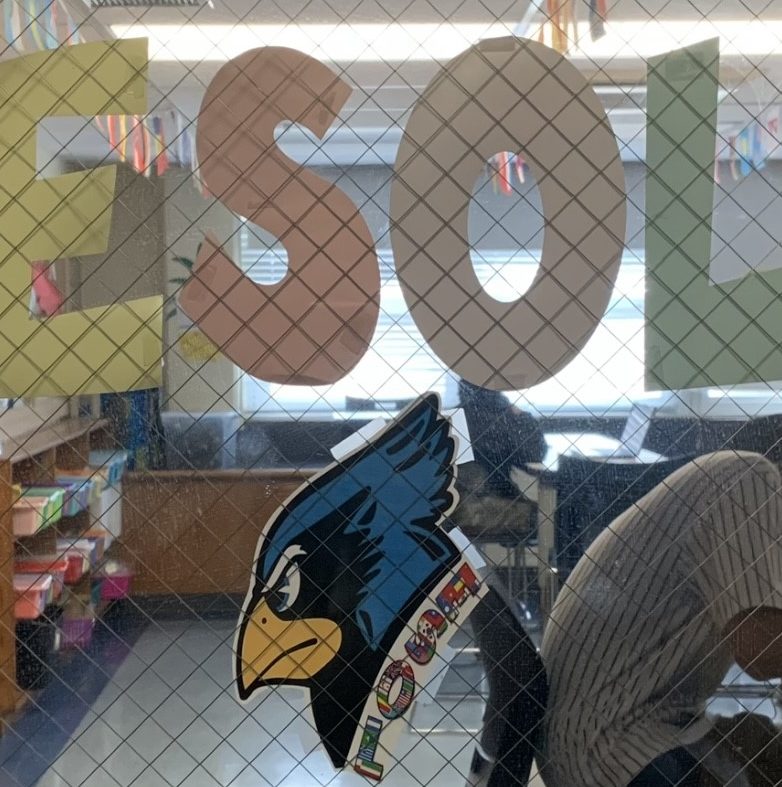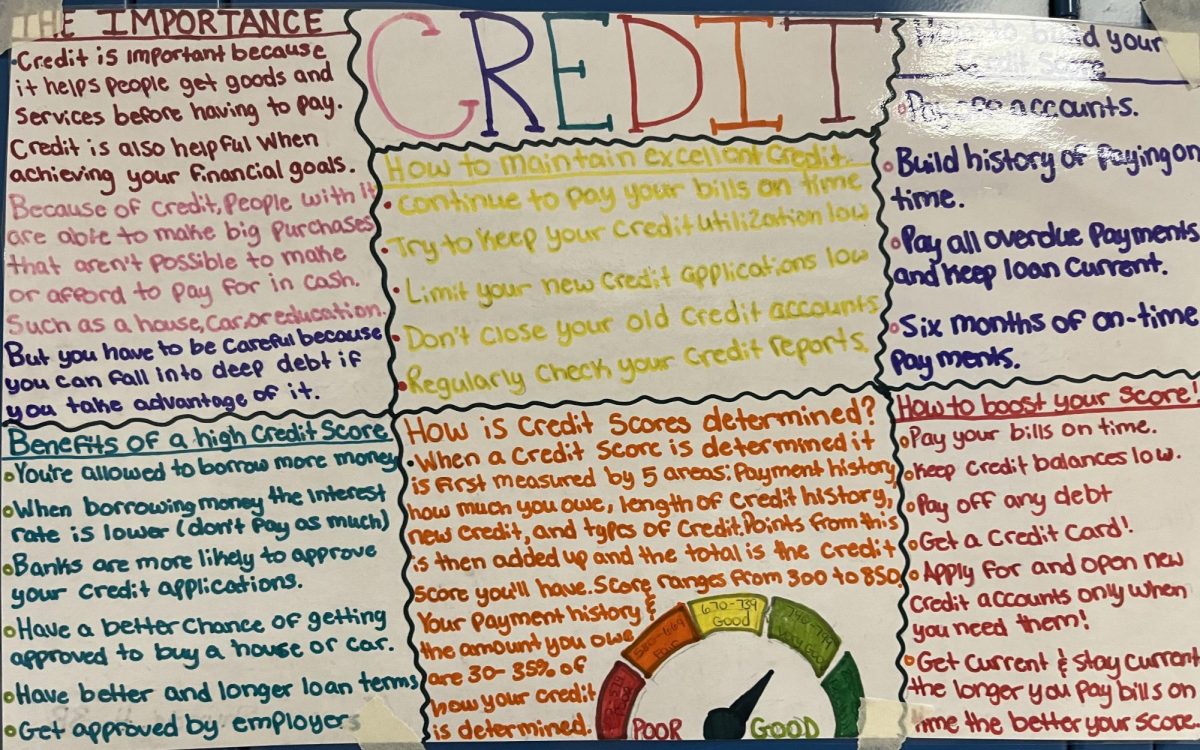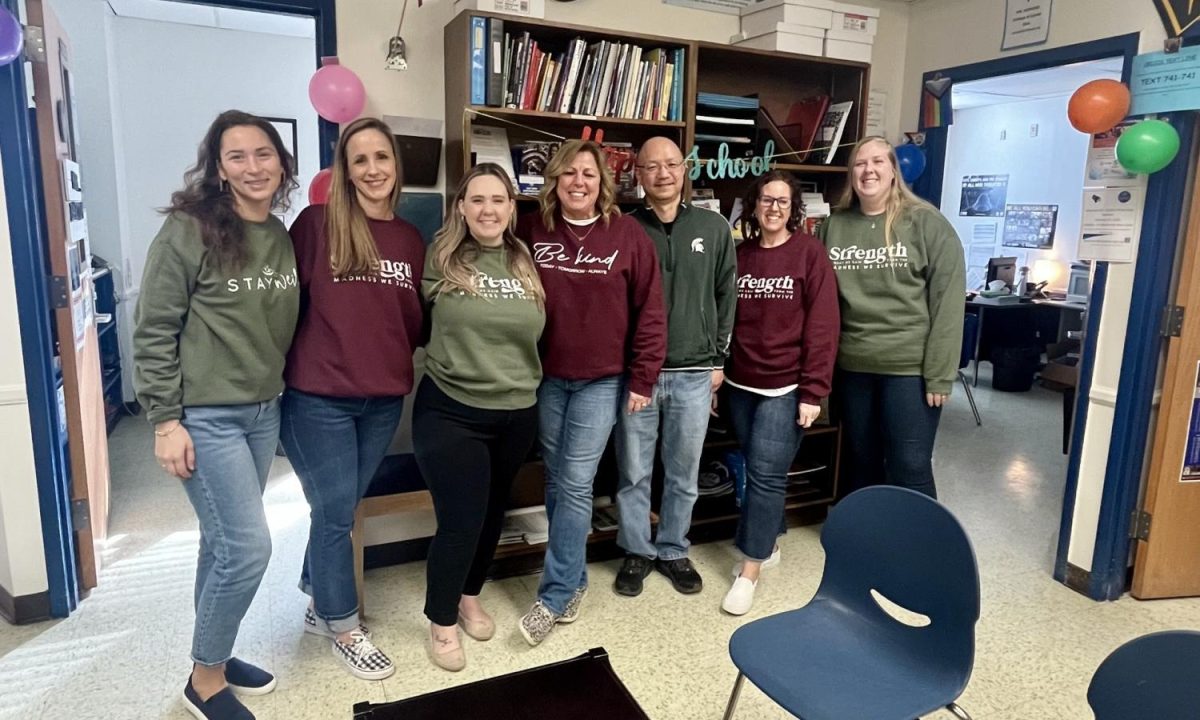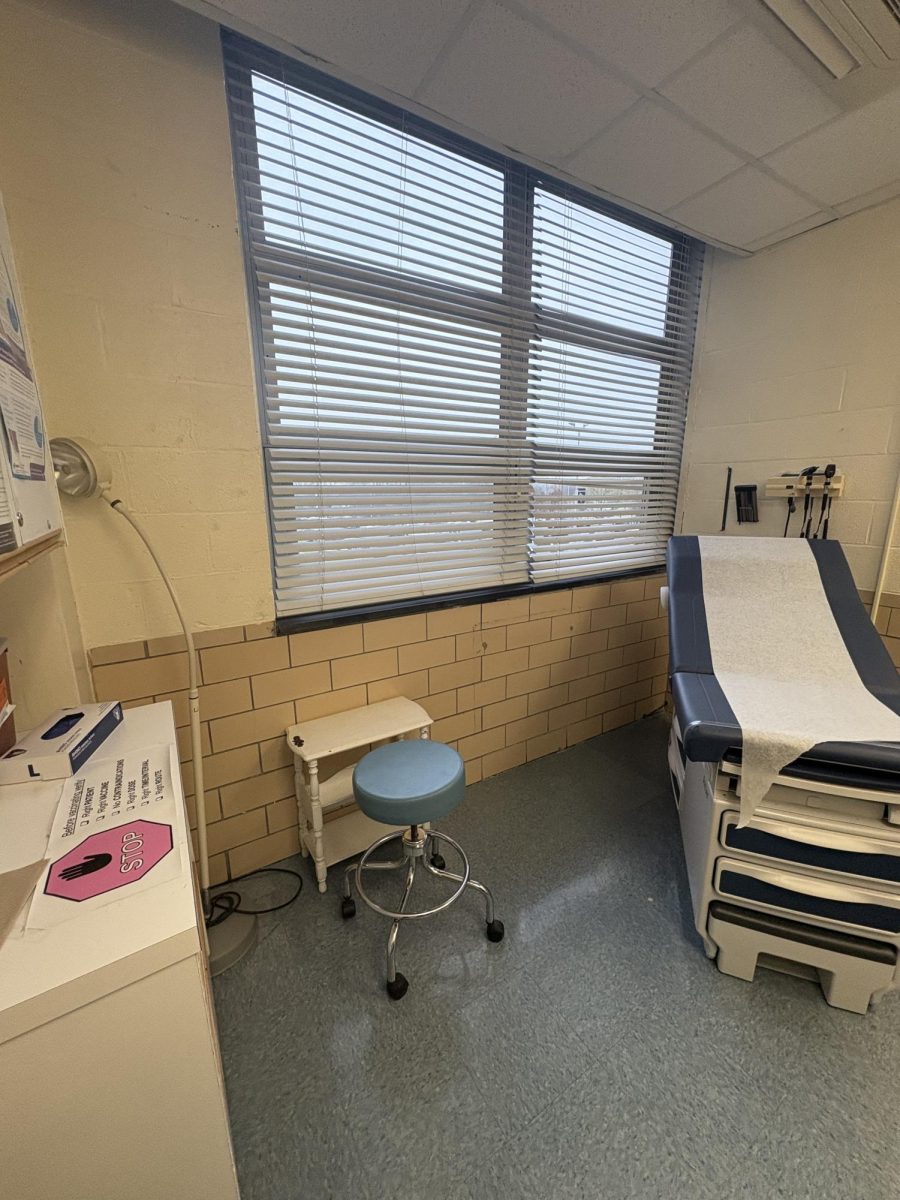To support Kenwood’s growing ESOL population, the ESOL ambassador plays a crucial role in fostering a welcoming and supportive environment for English language learners here in the halls at KHS. Their dedication to inclusivity directly impacts the success and well-being of multilingual learners (MLL) within our community.
To overcome language barriers, develop communication strategies, access translation resources, and language support services to be successful in school, MLL students need support to acclimate and succeed. This is where access to Kenwood’s ESOL Ambassadors helps new students make the transition.
Other common challenges faced by MLLs besides language barriers include cultural adjustment and academic integration which is where the ambassadors can also help with.
Kenwood’s Mrs. Lyford- Pike, an ESOL teacher, hopes to encourage new MLL students to engage in activities during their time here. “We are trying to find ways to engage ESOL students in other school activities and clubs, such as having an ESOL ambassador for the French Honor Society,” shares Ms. Lyford-Pike.
ESOL ambassadors can lead a wide variety of activities. For example, they can lead conversation groups of structured opportunities for learners to practice speaking English in a supportive environment. The ambassadors are a great resource to provide access to materials and information that can help learners improve their English.
Kenwood senior Digna, has been an ESOL Ambassador for a few years now and enjoys her role of helping others adjust to school life here at Kenwood. “We get to help new students get to their classes. We also help them translate and attend field trips. Additionally, we attend events and work with them,” she shares.
The ESOL ambassador is essential for promoting inclusivity among multilingual learners (MLLs) by acting as an advocate and creating a supportive environment.
Other students that are not ambassadors can actively support their MLL peers by demonstrating and explaining concepts. For example, when a teacher uses a less familiar term like “device” instead of “computer,” a student can physically show a computer to their classmate and clarify its function, thereby aiding their understanding and completion of assignments. This peer-to-peer interaction can significantly enhance learning outcomes.
Teachers face numerous daily challenges and sometimes the communication barrier with MLL students can feel overwhelming on both sides. Mrs. Lyford- Pike adds, “The important thing for teachers to remember is being friendly and welcoming towards new students helps them feel comfortable.”
Sources:
Ottow, Sarah B. “Our Kids: the Role of Language Specialist”. Confianza. 2024. Web Accessed 3 December 2024.






